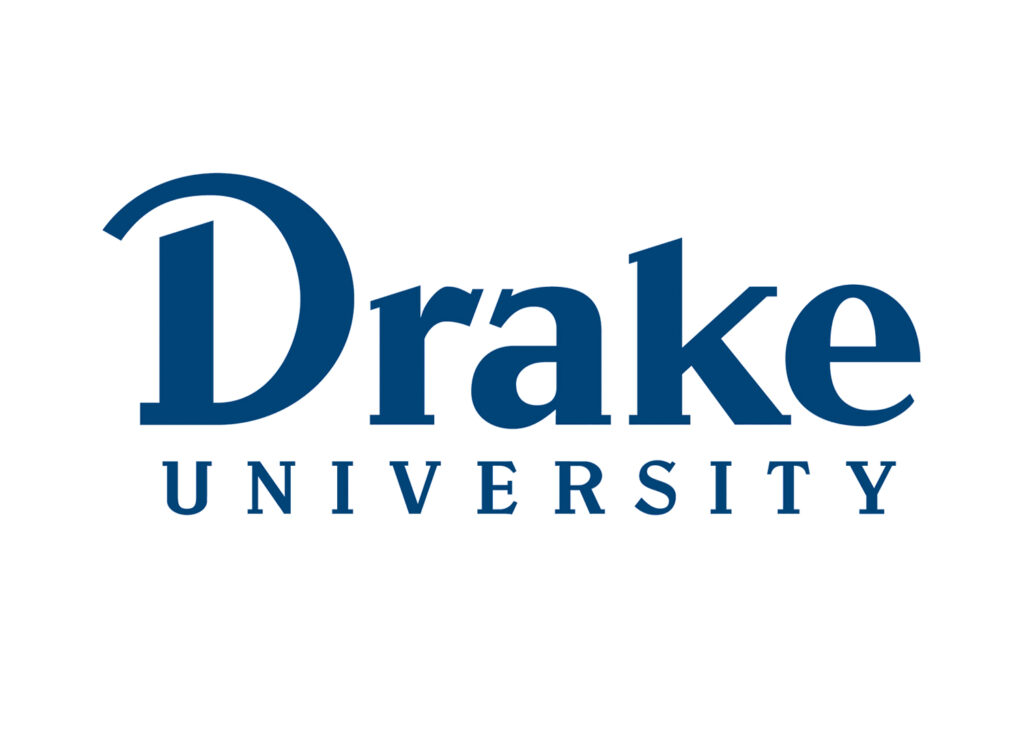Iowans United for Opportunity coalition pushes for probation credit bill
Individuals completing workforce, education activities could reduce probation term by up to 40%

Sarah Diehn Mar 3, 2023 | 10:52 am
4 min read time
934 wordsAll Latest News, Government Policy and Law, Nonprofits and PhilanthropyIowans United for Opportunity, a coalition of Iowa stakeholders concerned with improving Iowa’s probation system, are advocating for legislation this session that would incentivize Iowans on probation to seek workforce training and employment.
House File 349 and Senate Study Bill 1004 outline education, workforce and discharge credits that would reduce the length of individuals’ probationary periods when they complete education and workforce activities and comply with their probation terms.
According to the bill, individuals on probation could earn:
- A 90-day reduction in their probation term for completing a qualifying educational activity, to include earning a high school diploma, a high school equivalency certificate, an academic degree, or completing a certified vocational, technical or career education or training program.
- A 30-day reduction in their probation term for every six months of verifiable employment averaging at least 30 hours a week.
- A 14-day reduction in their probation term for each full calendar month the defendant is in compliance with their probation terms.
Individuals can receive multiple credits, but the total credit may not exceed 40% of their probation term. As of 2021, 18 states offered individuals on probation “earned-time” credits for good behavior or completion of recidivism-reducing activities, according to research from Pew Charitable Trusts.

Kameron Middlebrooks, Iowa state director for Reform Alliance, the organization leading the Iowans United for Opportunity coalition, said the bill would allow employers more opportunities to tap into the pool of about 28,000 Iowans on probation, who often face additional steps to returning to the workforce after being released from incarceration.
A 2018 study by the Brookings Institution found that 55% of formerly incarcerated people found employment in the year following their release.
Middlebrooks said Reform has proposed comprehensive probation reform in Iowa since the 2021 legislative session, and the proposal of the probation credit bill this year was the result of finding common ground.
“We had conversations with our stakeholders, coalition members [and] leadership in the House caucus, the Senate Republican caucus [and] the Iowa County Attorneys Association, and figured out what we can get agreement on this year, and out of that conversation came this probations credit bill,” Middlebrooks said. “I see it as the first step for us to get some positive momentum in this space, and then look forward in the next cycles of what more can we do to make it a better opportunity for folks that are on probation and parole?”
Kyle Horn, founder and director of America’s Job Honor Awards, started the Iowa-based nonprofit in 2014 after working in the staffing and recruiting industry and seeing candidates with criminal histories be turned away from opportunities.
A member of the Iowans United for Opportunity coalition, America’s Job Honor works to challenge “negative employer bias” toward formerly incarcerated people by recognizing the stories of individuals who have reentered society and found employment.
“What we have found again and again through our work with Job Honor is that these individuals, in many cases, make not only acceptable employees, but frequently they demonstrate remarkable work ethic and loyalty precisely because they know how much a job means to them,” Horn said.
A pilot program at retailer Kroger Co. saw a 93% retention rate among second-chance hires 18 months after they were hired.
More people moving off of probation sooner would also reduce the burden on the Department of Corrections and probation officers as well as other public assistance programs that individuals might rely on if they are not employed. Iowans United for Opportunity projects $82 million in taxpayer dollars would be saved over five years with the probation credits in place.
What’s next for the bill?
The House Public Safety Committee passed the bill on Feb. 15 but the Senate has only passed the bill out of subcommittee, which means the bill is safe from today’s funnel deadline, but will face more steps to pass both the House and Senate.
Gov. Kim Reynolds’ bill proposing a reduction in the number of cabinet agencies would merge Iowa’s Community Based Corrections programs, which act as independent agencies supervising individuals on probation or parole in the state’s eight judicial districts, with the Department of Corrections.
Reform’s Senior Director of Policy and Law Erin Haney said in an email that the probation credit bill would function largely the same under either agency structure. If passed, the bill would go into effect on July 1, 2024, allowing time to adjust the implementation if needed.
Who are Iowans United for Opportunity?
The Iowans United for Opportunity coalition includes reentry service providers community-based organizations, businesses, faith-based groups and advocacy organizations.
Members include Central Iowa Works, the Iowa chapter of the American Conservative Union, the Iowa-Nebraska NAACP, the United Way of Central Iowa’s OpportUNITY initiative and the Iowa Federation of Labor.
Middlebrooks said uniting the coalition around the issues enables bipartisan support of members and legislators.
“Some folks may see this as a workforce issue, some people may see this as an equity issue — no matter how we get there we’re in the same space of getting Iowans back to work, getting Iowans educated, and finding pathways for folks to reenter society,” he said.
In addition to legislative work, Middlebrooks said Reform is increasing its presence in Iowa, including a recent job fair hosted in partnership with the Greater Des Moines Partnership and looking ahead to the coalition’s future.
“When we bring this coalition together, it’s not only an opportunity for us to talk about the bill … but also future opportunities for where Reform can lean in, or how these organizations can communicate with each other to see where there are opportunities for collaboration with them,” he said.

Sarah Diehn
Sarah Diehn is editor at Business Record. She covers innovation and entrepreneurship, manufacturing, insurance, and energy.









